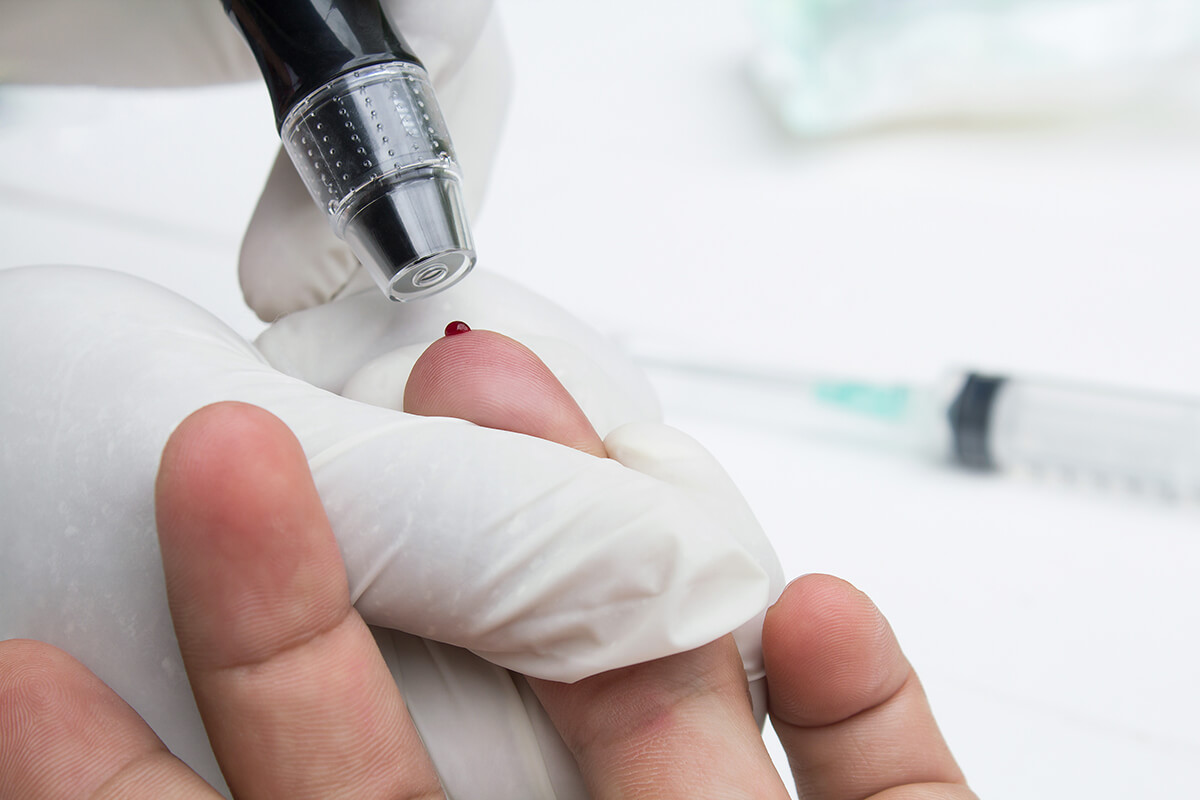International Diabetes Day is celebrated every year on 14 November. The official observance of the date was decided by the International Diabetes Federation and the World Health Organization in response to the growing number of people suffering from the disease.
In Bulgaria, more than 500 000 people are diagnosed with diabetes mellitus, according to the International Diabetes Federation. According to the same statistics, another 150 000 people have diabetes but do not know about it and therefore it remains untreated. Based on the statistics, diabetes disease affects about 10% of the adult population of the country. However, the trends indicate an increase in the incidence and in the next 10 years, an increase of 1% is expected.
What is diabetes?
Diabetes is a metabolic disease characterized by elevated blood sugar levels. It may be due to a partial reduction in insulin production - the presence of type 1 diabetes - or a lack of insulin due to impaired pancreatic physiology, which characterises the disease as type 2 diabetes.
Type 1 diabetes
Type 1 diabetes is defined as an autoimmune disease in a large percentage of cases and is most common in young people. It is caused by damage to the insulin-producing beta cells located in the pancreas. It causes serious symptoms such as weight loss, increased fluid secretion, possible feelings of weakness, faintness, and a state of ketoacidosis - very high blood glucose values - in which the patient needs to be admitted to hospital. Due to insulin insufficiency, patients have to be treated for life with insulin hormone (by injection). For this reason, type 1 diabetes is called insulin-dependent diabetes mellitus. 5 - 10% of diabetic patients suffer from type 1 diabetes. There is no way to surgically treat this type of diabetes. Patients with type 1 diabetes should be treated under the supervision of an endocrinology specialist.
Type 2 diabetes
Type 2 diabetes mellitus is the most common type of diabetes and comprises 90% of all patients diagnosed with the disease. Beta cells in the pancreas of patients with type 2 diabetes produce insulin, but it does not affect the target tissue due to its severe insulin resistance characteristics. Type 2 diabetes is associated with risk factors determined by and related to our lifestyle, such as: overweight, obesity, unhealthy diet, reduced physical activity and alcohol abuse. By changing our daily habits and behaviours, it is possible to prevent 70% of cases from developing type 2 diabetes mellitus.
Today, surgical treatment of this type of diabetes is successfully applied, and the intervention helps to improve the function of beta cells in the pancreas. Meanwhile, as an additional effect, incretins (natural molecules produced in the body. They stimulate the secretion of insulin and inhibit that of glucagon (with the opposite action to insulin). Metabolic surgery is suitable for patients aged 18 to 70 years who have been treated for type 2 diabetes but cannot achieve good blood sugar control or patients with insulin resistance and poor quality of life.
Why is it important to detect and treat diabetes on time?
High blood sugar levels can damage:
- eyes
- Kidney
- nerves
- large blood vessels
cause complications, such as:
- loss of vision
- amputations
- kidney failure
Всяка година вследствие на диабет у нас умират над 8000 души. Този брой би бил много по-голям, ако се отчитат и смъртните случаи, предизвикани от усложненията на диабета. Ефективното лечение може да намали инвалидизиращите усложнения с до 50%. Пациентът и лекуващият екип имат обща цел – да постигнат и поддържат добър контрол на стойностите на кръвната захар, с което да намалят риска от развитие на усложнения и да увеличат продължителността на живота на пациента. За повече информация, ние, Медикъл Караджъ сме на ваше разположение.
Call us on the following numbers "Medical Karaj": ☎️ 0878 500 730








